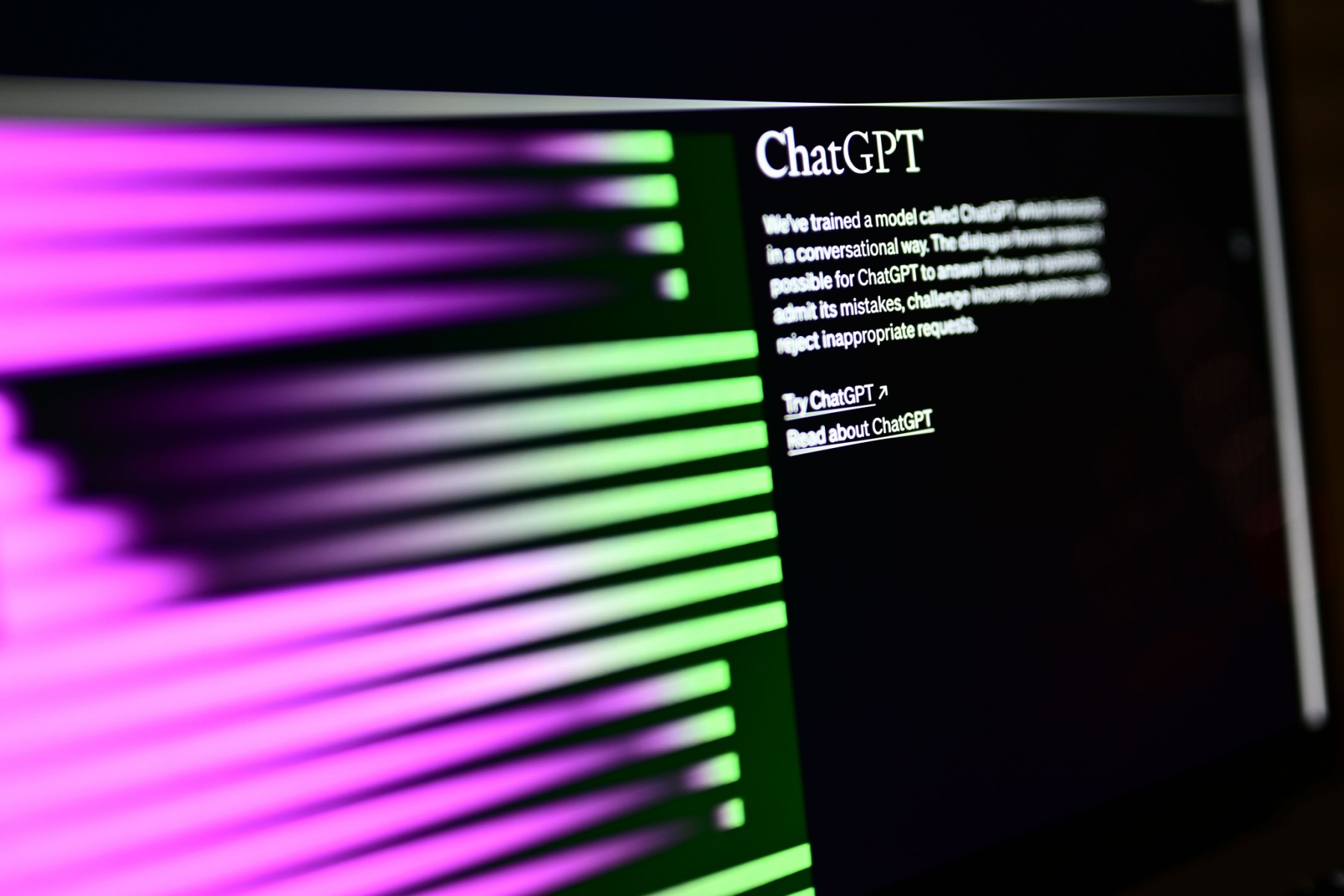
403
Sorry!!
Error! We're sorry, but the page you were looking for doesn't exist.
OpenAI to dismiss lawsuit over alleged New York Times hack
(MENAFN) OpenAI has moved to dismiss certain aspects of a lawsuit brought against it by The New York Times, alleging that the newspaper engaged in illicit activity by purportedly paying an individual to breach the security of GPT chat, as reported by CNBC. In a filing submitted to the Manhattan Federal Court, OpenAI asserted that The New York Times made numerous attempts, estimated to be in the tens of thousands, to generate highly abnormal outcomes. OpenAI further claimed that these attempts involved the manipulation of commands in clear violation of the platform's terms of use, which are not typical behaviors exhibited by ordinary users of OpenAI's products. The organization likened The New York Times' actions to the concept of "forming a red team" or engaging in "stress testing," commonly employed by AI trust and safety teams, ethicists, academics, and technology firms to identify vulnerabilities within AI systems. This practice, analogous to cybersecurity professionals testing websites for weaknesses, aims to alert companies to potential flaws within their systems.
Ian Crosby, a partner at Susman Godfrey and lead counsel representing The New York Times Company, countered OpenAI's claims, asserting that the newspaper's actions were merely an attempt to ascertain whether OpenAI had unlawfully utilized copyrighted materials from The New York Times. Crosby emphasized that what OpenAI characterized as piracy was, in reality, an effort to utilize the company's products to uncover evidence of copyright infringement. He highlighted the significant scale of the material allegedly copied by OpenAI, surpassing the more than 100 instances cited in the initial complaint.
The legal dispute between OpenAI and The New York Times underscores the complex interplay between technological innovation, intellectual property rights, and ethical considerations within the artificial intelligence industry. The outcome of this case may have implications for how AI developers and users navigate the boundaries of permissible use and protection of copyrighted content in the development and deployment of AI systems.
Ian Crosby, a partner at Susman Godfrey and lead counsel representing The New York Times Company, countered OpenAI's claims, asserting that the newspaper's actions were merely an attempt to ascertain whether OpenAI had unlawfully utilized copyrighted materials from The New York Times. Crosby emphasized that what OpenAI characterized as piracy was, in reality, an effort to utilize the company's products to uncover evidence of copyright infringement. He highlighted the significant scale of the material allegedly copied by OpenAI, surpassing the more than 100 instances cited in the initial complaint.
The legal dispute between OpenAI and The New York Times underscores the complex interplay between technological innovation, intellectual property rights, and ethical considerations within the artificial intelligence industry. The outcome of this case may have implications for how AI developers and users navigate the boundaries of permissible use and protection of copyrighted content in the development and deployment of AI systems.

Legal Disclaimer:
MENAFN provides the
information “as is” without warranty of any kind. We do not accept
any responsibility or liability for the accuracy, content, images,
videos, licenses, completeness, legality, or reliability of the information
contained in this article. If you have any complaints or copyright
issues related to this article, kindly contact the provider above.

















Comments
No comment